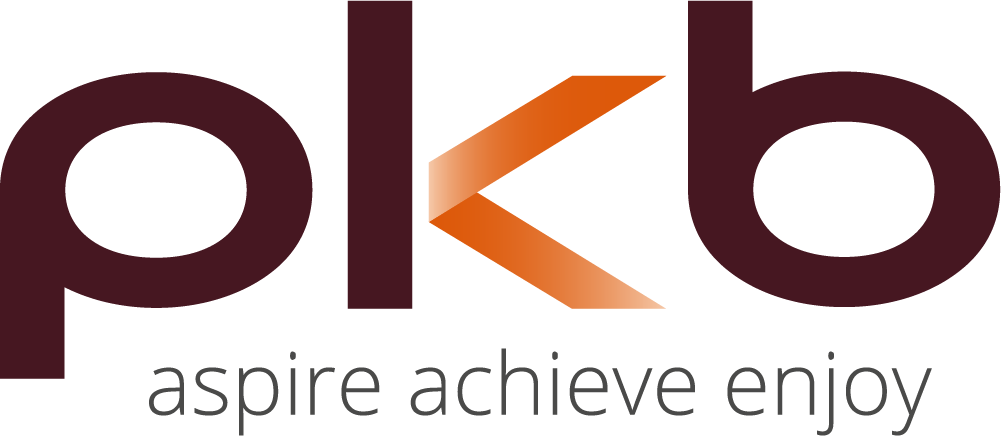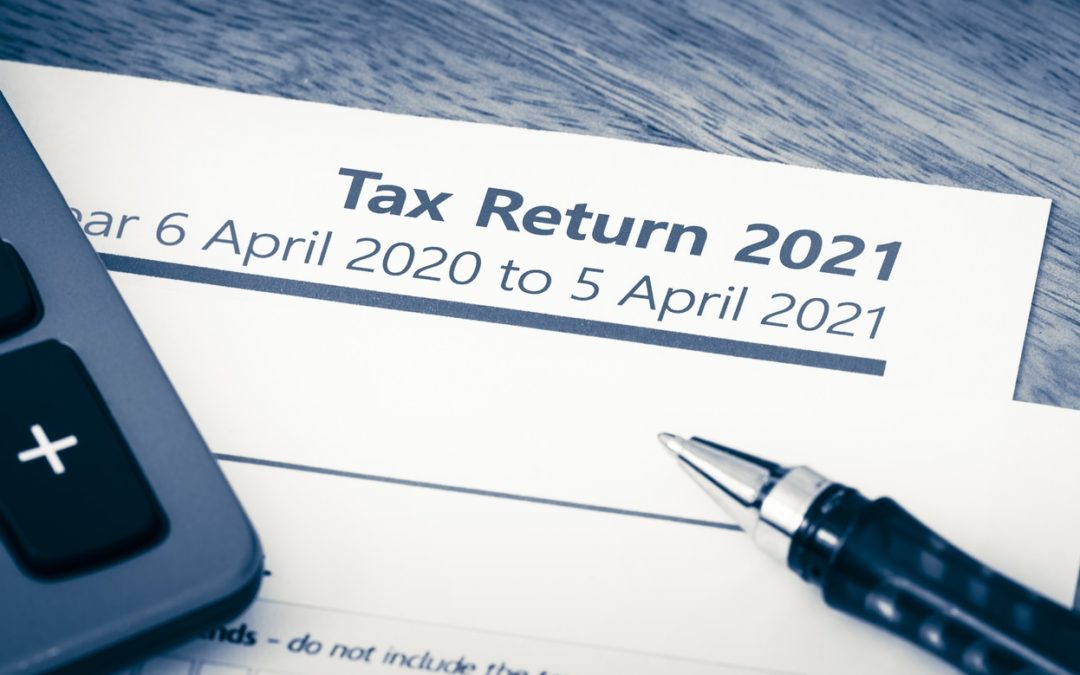The self-employment income support scheme (SEISS) was launched in May 2020. This much-needed grant offered funding to self-employed workers whose businesses were impacted by the COVID-19 pandemic.
If you’re one of the nearly three million self-employed individuals who made a claim, please note that any money you received is taxable and you must therefore declare this on your 2020/21 tax return.
All online tax returns are due on or before midnight on 31 January 2022. While extensions were granted last year, it doesn’t look like HMRC will be offering the same leeway in 2021. It’s important to submit your return in time to avoid a penalty.
Registering for self-assessment
More than 400,000 start-ups were created during the height of the pandemic. For these business owners, certain deadlines are fast approaching.
You should have already received two separate letters from HMRC: one containing your 10-digit unique taxpayer reference number; the other containing an activation code.
These are necessary to register for self-assessment which should have been done by 5 October 2021. This will enable you to file a personal tax return on or before 31 January 2022.
While there are no penalties in place for missing the self-assessment registration deadline, you do run the risk of not being ready to file your first tax return on time – and with that comes an instant £100 fine, which can escalate the longer you leave it.
Self-assessment filing deadlines
The first filing deadline is for paper tax returns which needs to be done on or before midnight on 31 October.
This method of reporting taxable income is on the way out however, with Making Tax Digital for income tax self-assessment (MTD for ITSA) starting from April 2024.
What this means is that when the time comes to file your 2024/25 tax return on or before 31 January 2026, for most taxpayers, online will be the only mode of submission.
The same midnight deadline on 31 January 2022 applies for online submissions of 2020/21 tax returns, which we are already working on for our self-employed clients.
Reporting the SEISS grants
If your unincorporated business was adversely affected by the pandemic and had annual trading profits of £50,000 or less, you would have been eligible to obtain the first three taxable grants via the SEISS in 2020/21.
These need to be included in your ‘profits from self-employment’ for 2020/21, and will be subject to income tax and Class 4 NICs. The grants also form part of the small-profits threshold for Class 2 NICs.
There is a separate box on your self-assessment tax return within the ‘other tax adjustments’ section for disclosing the amount of SEISS received.
Assuming you claimed the maximum amount (£21,570) on the three SEISS grants in 2020/21, this will be added to any other taxable income before you are assessed for income tax on the excess above the £12,500 personal allowance.
The fourth and fifth grants will also be taxable for income tax and NICs purposes, but not until 31 January 2023. This is because if your applications are successful, you will receive these payments in the 2021/22 tax year.
SEISS records you need
You need to have records of the amounts you claimed from any or all of the grants paid out in 2020/21, along with the claim reference number.
For the first two grants, you should disclose evidence of how the pandemic impacted on your business’s trading profits. This could include:
- Business accounts showing lower turnover
- Evidence of any COVID-19 business loans you received
- Dates your business closed due to lockdown restrictions
- Dates your staff were unable to work due to COVID-19 symptoms, shielding or caring responsibilities due to school closures
For the third taxable grant, having records of fewer invoices, contract or appointment cancellations, test-and-trace communications, and positive COVID-19 tests can demonstrate to HMRC how your business was affected.
Other records
There are no rules on how you must keep records. You can keep them however you wish, although we advise using software approved by HMRC which will comply with MTD for ITSA.
HMRC advises keeping records of any income from sales or receipts from business expenses incurred in 2020/21. You should retain PAYE records if you employ anyone and keep hold of VAT records if you’re VAT-registered.
Records of any personal income, such as from investments, savings, pensions, or rental proceeds, should also be kept and declared in your tax return.
HMRC states you must keep your records for at least five years after the 31 January submission deadline of the relevant tax year. This is to ensure you pay the correct amount of tax.
If you need help completing your tax return
There’s still plenty of time for you to share your records or spreadsheets with us to process and upload your 2020/21 tax return digitally. We calculate all your taxable profits to ensure they you only pay HMRC what you need to.
If you need help completing your tax return or have a query about SEISS, please don’t hesitate to get in touch with PKB.
To read news and blogs from Rebecca Austin, click here >>


